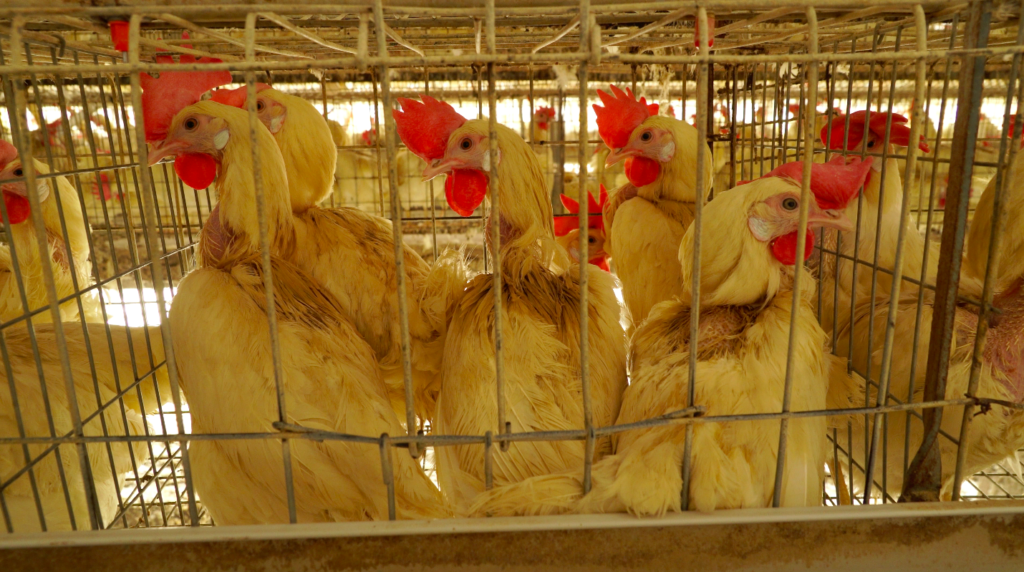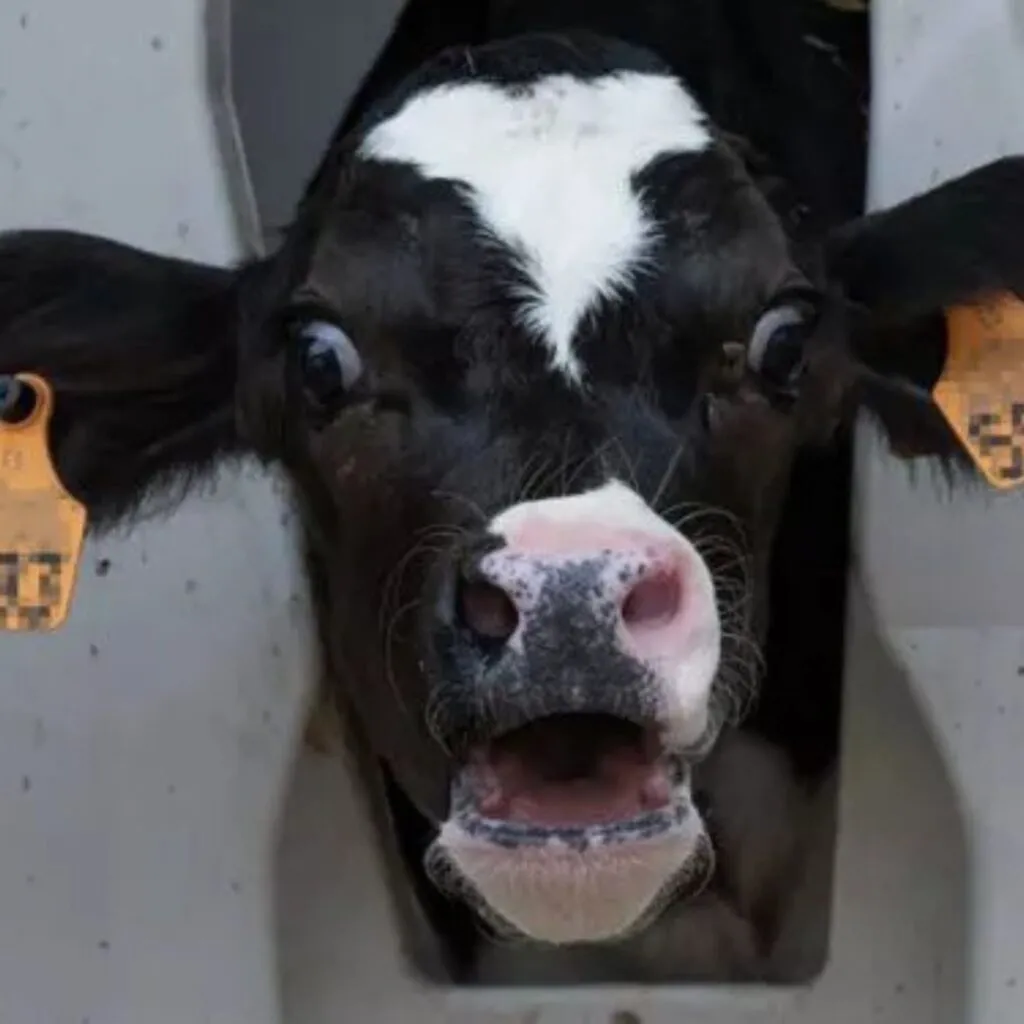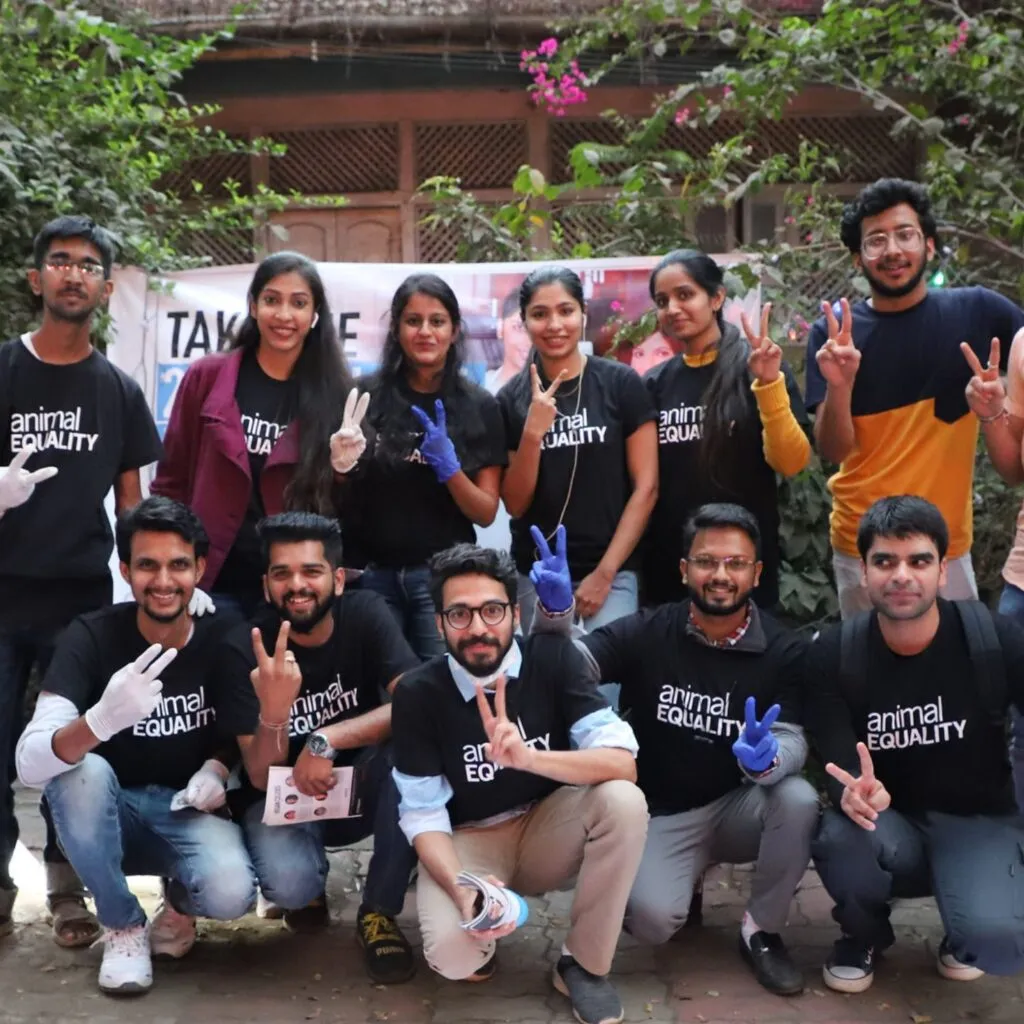

The dark realities of the egg industry
This World Egg Day let’s learn about the hidden dark realities of the egg industry. A hen takes up to 34 hours to produce one egg. To meet the egg demand, more than 300 million hens are used by the egg industry each year.
Chicks on factory farms are separated from their mothers. The baby chicks are subjected to sexing and males are separated from the females. The females are taken to lead miserable lives on an egg farm while more than 100 million male chicks are brutally killed each year.
The female chicks are debeaked. The ends of their beaks are viciously cut off using a heated blade without any anesthesia. This is done so they don’t hurt each other due to frustration caused by the extreme conditions they are kept in.

Four to eight hens are kept in cages which are the size of two A4 sheets. These cages are stacked on top of each other causing urine and feces to fall onto birds in lower cages. The birds live in their own excrement and are subject to various infections and diseases.
Because of the filthy living conditions, stress and diseases, it is common for the hens to die. After the laying hens are exploited for eggs for over 2 years, the ones who survive the torture are sent to be slaughtered.
Bringing Change with Egg Alternatives
The truth of the egg industry is filled with cruelty and pain. Hens are sentient creatures that feel pain and joy just like us. They deserve better lives than being subject to such cruelty.
This World Egg Day, think about the hens who suffer and die for the eggs we eat. There are better and more compassionate ways to get your daily dose of proteins.
Lentils are a great source of protein, it contains 18 grams of protein per cooked cup (198 grams) while beans contain about 15 grams of protein per cooked cup (170 grams).
Here are some egg alternatives that you can incorporate in your cooking:
Aquafaba: Aquafaba is the leftover liquid from cooking beans or legumes. It’s also found in a can of chickpeas or beans. It is an excellent egg substitute. It is a liquid with a similar consistency to that of raw egg whites. About 3 tablespoons or 45 grams of aquafaba can replace 1 egg white.
Soy lecithin: Soy lecithin is a by-product of soybean oil production. It has binding properties like eggs. It is a great substitute for egg yolk. One large egg yolk can be replaced with 1 tablespoon or 14 grams of soy lecithin.
Nut butter: Peanut, cashew, or almond butter can be used to substitute eggs. One egg can be substituted with 3 tablespoons or 60 grams of nut butter. It is best for baking sweets.
Arrowroot: This is a South American tuber plant with high starch content. The starch is extracted from the roots in the form of a powder, starch, or flour. It is just like corn starch but serves as a great egg alternative. Two tablespoons or 18 grams of arrowroot powder plus 3 tablespoons or 45 grams of water equals 1 egg.
Silken tofu: Tofu is made of soy milk that is pressed into solid blocks. It is rich in protein just like eggs. A quarter cup or about 60 grams of puréed silken tofu can replace 1 egg.
Ground flaxseed or chia seed: Flaxseed and chia seed are extremely nutritious. Grind the seeds and add one tablespoon or 7 grams to 3 tablespoons of water can replace 1 egg.
The Bottom Line
We can choose to celebrate a compassionate World Egg Day with these egg replacements. It is up to us to bring about a change and give a voice to the helpless hens who are subjected to abuse. Let us stand up for their rights and give them a better life. This World Egg Day let’s choose compassion.
Recommended



